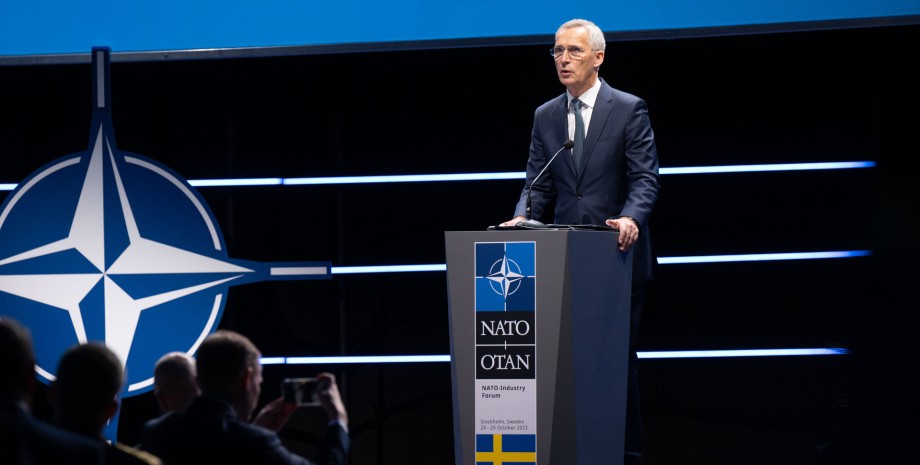
 By Victor Duda
By Victor Duda
According to him, NATO allies should adapt to long -term security challenges and, as a result, increase the volume of defense financing in order to prevent new aggression. "When this war is over, there will be no return to the situation that was before. We will stand up to more aggressive Russia, more active China and a more unstable world, so we have to adapt to it for a long time," said Jens Stoltenberg.
Separately, the NATO Secretary General noted that during the occupation of the Crimean Peninsula and the invasion of the Armed Forces of the Russian Federation in the Donbas in 2014, it was decided to begin the greatest strengthening of collective defense since the Cold War. All 9 years, European allies and Canada have increased their defense expenditures and since 2014 the NATO budget has increased by $ 450 billion. In 2023, growth reached a record indicator - 8. 3% compared to last year.
During a summit in Vilnius, the Allies again discussed an increase in defense expenditures and agreed on a new production plan to meet the demand and opportunities for the production of a large number of ammunition.
"The challenge is that the industry must adapt to a situation where in peace conditions is relatively small, at the same time it increases sharply in crisis, which requires a significant increase in production volumes, as it happened after the beginning of the Russian war against Ukraine. There are two ways To solve this problem - to have huge reserves of weapons or opportunities for rapid increase in production . . .










All rights reserved IN-Ukraine.info - 2022